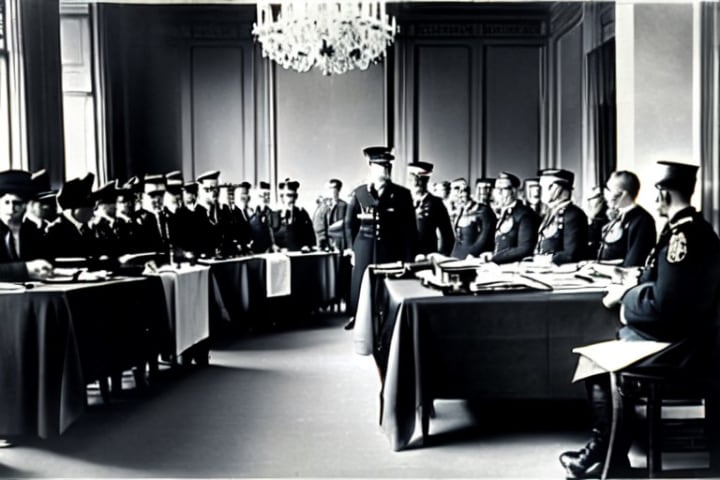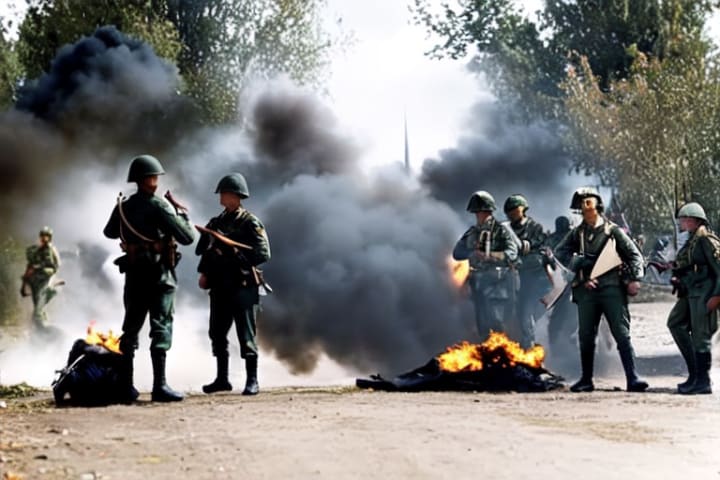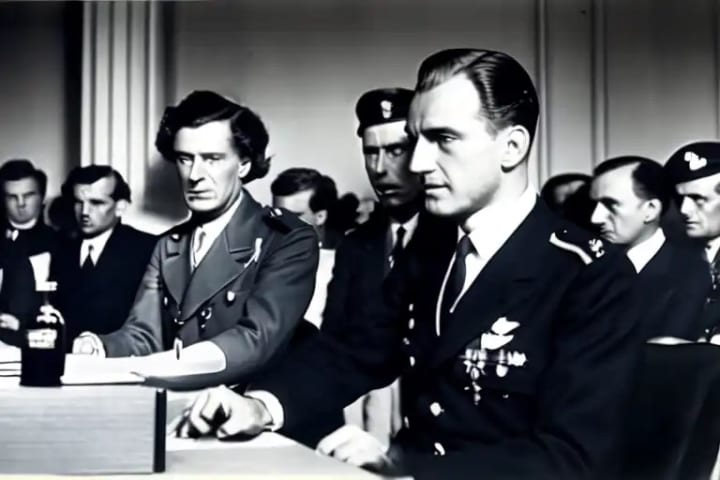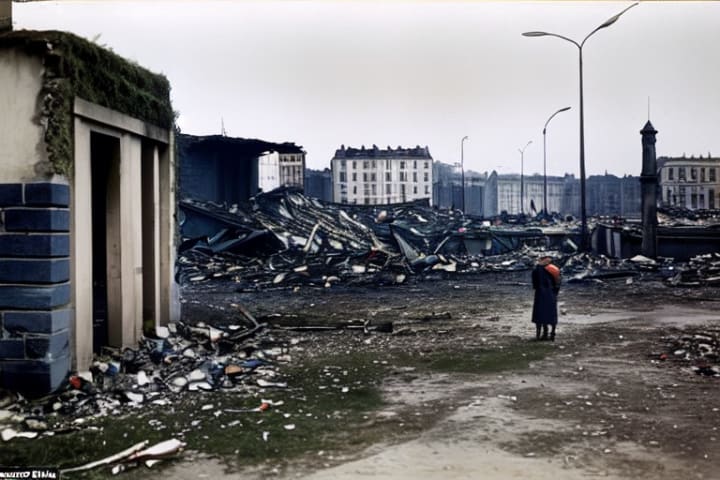Introduction

August 3, 1914, marks a pivotal moment in history when Germany declared war on Belgium during World War I. This fateful decision set in motion a chain of events that would reshape the course of the world and plunge the globe into one of the most devastating conflicts in history. The invasion of Belgium by Germany was not only a breach of neutrality but also a catalyst for a broader conflict that would involve numerous nations and forever change the geopolitical landscape of the 20th century.
The Road to War
In the early 20th century, tensions were escalating between European powers, driven by nationalism, militarism, and complex alliances. On July 28, 1914, the assassination of Archduke Franz Ferdinand of Austria-Hungary by a Bosnian-Serb nationalist triggered a domino effect of war declarations. Austria-Hungary declared war on Serbia, and Germany pledged support to Austria-Hungary, setting the stage for a continental crisis.
Belgium's Neutrality

Amidst this rising tension, Belgium maintained its policy of neutrality, a stance it had preserved since the Treaty of London in 1839. Belgium's neutrality was internationally recognized, and the country was not part of any military alliances. The Belgian government hoped that this stance would protect its sovereignty and prevent it from being drawn into any conflict.
The Ultimatum
However, Germany had other plans. As part of the Schlieffen Plan, Germany aimed to swiftly defeat France by invading Belgium and circumventing the heavily fortified French-German border. On August 2, 1914, Germany issued an ultimatum to Belgium, demanding free passage for German troops through Belgian territory.
Belgium's Refusal
Belgium faced an agonizing choice: comply with the German demand and violate its own neutrality or resist the invasion and risk open conflict with one of the most powerful military forces in Europe. King Albert I of Belgium and his government chose to uphold their country's neutrality and independence, refusing the German ultimatum.
Germany's Declaration of War
In the early hours of August 3, 1914, Germany declared war on Belgium. The invasion began immediately, and German troops crossed the Belgian border. Belgium found itself at the epicenter of the rapidly unfolding global conflict. The German invasion of Belgium was met with resistance from the Belgian military, who displayed incredible bravery and determination in the face of overwhelming odds.
International Response

Germany's violation of Belgian neutrality shocked the world and elicited international outrage. Britain, which had guaranteed Belgian neutrality through the Treaty of London, responded swiftly. This sent a strong message to Germany that any violation of Belgium's neutrality would not be tolerated. On August 4, 1914, Britain declared war on Germany in defense of Belgium. This marked the official entry of the British Empire into World War I and further escalated the conflict.
Legacy
The invasion of Belgium and Germany's declaration of war on August 3, 1914, had profound implications for World War I and the course of 20th-century history. The war quickly spread across Europe, drawing in numerous nations and resulting in millions of casualties. It fundamentally reshaped the political and social landscape of the world and set the stage for future conflicts.

Conclusion
August 3, 1914, stands as a poignant reminder of the devastating consequences of war and the impact of geopolitical decisions on a global scale. The invasion of Belgium by Germany marked the beginning of a conflict that would engulf the world, leaving an indelible mark on history and forever changing the lives of countless individuals. The events of that day serve as a solemn reminder of the importance of diplomacy, international cooperation, and the preservation of peace in the face of escalating tensions.





Comments
There are no comments for this story
Be the first to respond and start the conversation.